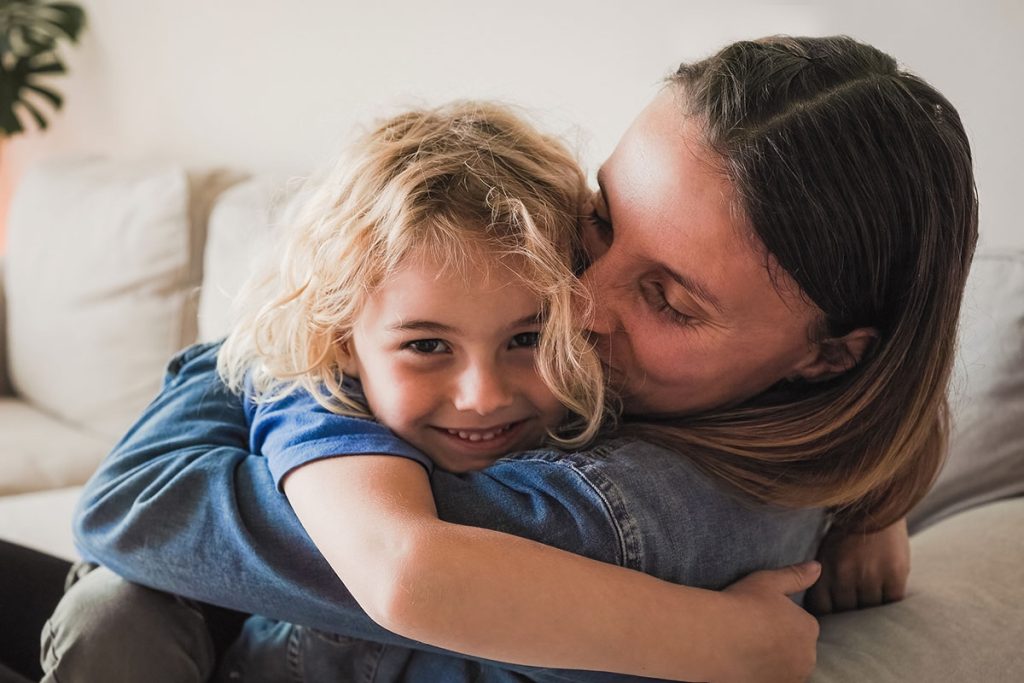
Junior ISAs
A Junior Individual Savings Account (JISA) is a long-term, tax-efficient savings account created for children. They were introduced in 2011, replacing Child Trust Funds (CTFs).
To qualify for a JISA, a child must be under 18 and reside in the UK. An exception applies for children living abroad if a parent is a Crown servant (e.g., in the UK’s armed forces or diplomatic service) and the child is dependent on them. A child cannot hold both a JISA and a CTF account at the same time, but an existing CTF can be transferred into a JISA.
There are two types of Junior ISA:
- Cash JISA: This works like a standard savings account, where interest is earned tax-free.
- Stocks & Shares JISA: The money is invested in assets like funds, shares, and bonds. Any growth or income is free from personal tax for the child.
A child can have one or both types of JISA. The maximum amount that can be paid into their JISA(s) in the 2025/26 tax year is £9,000. This is a combined limit across all JISAs the child holds.
Opening and managing the account
If the child is under 16, a person with parental responsibility must open the account and act as the ‘registered contact’. This person is responsible for managing the account, including tasks such as changing providers. When the child turns 16, they can take control of the account, although the registered contact can continue to manage it. A 16 or 17-year-old can also open their own Cash JISA.
Contributions and access
Anyone, including parents, grandparents, or family friends, can contribute money to a child’s JISA, provided the total contributions do not exceed the annual limit.
The money in a JISA belongs to the child and is locked away until they turn 18. Only the child can access the funds when they reach this age. At 18, the JISA automatically converts into an adult ISA. The child can then choose to withdraw the money, keep it in the new adult ISA, or transfer it to a different ISA provider.
Early access to the funds is only allowed in two specific, unfortunate circumstances: if the child becomes terminally ill or if the child passes away.
Tax and investment risk
The main advantage of a JISA is that all returns, whether interest from cash or growth and income from investments, are free from UK income tax and capital gains tax for the child. However, it is important to remember that with a Stocks & Shares JISA, the value of investments can go down as well as up.
THE VALUE OF INVESTMENTS AND THE INCOME THEY PRODUCE CAN FALL AS WELL AS RISE. YOU MAY GET BACK LESS THAN YOU INVESTED.
ISA INVESTORS DO NOT PAY ANY PERSONAL TAX ON INCOME OR GAINS, BUT ISAS MAY PAY UNRECOVERABLE TAX ON INCOME FROM STOCKS AND SHARES RECEIVED BY THE ISA MANAGERS. TAX TREATMENT VARIES ACCORDING TO INDIVIDUAL CIRCUMSTANCES AND IS SUBJECT TO CHANGE.

Offshore Collectives
Offshore investment vehicles include unit trusts, mutual funds or investment companies.
Ready to speak with an adviser?
Request a call back
Gain a clearer understanding of your current circumstances and the options accessible to you by arranging a consultation with an independent financial adviser.
Where we are
HCF Partnership
Ground Floor, 8 Beaumont Gate,
Shenley Hill, Radlett,
Hertfordshire, WD7 7AR
(Open Mon-Fri, 9 am-5 pm)









